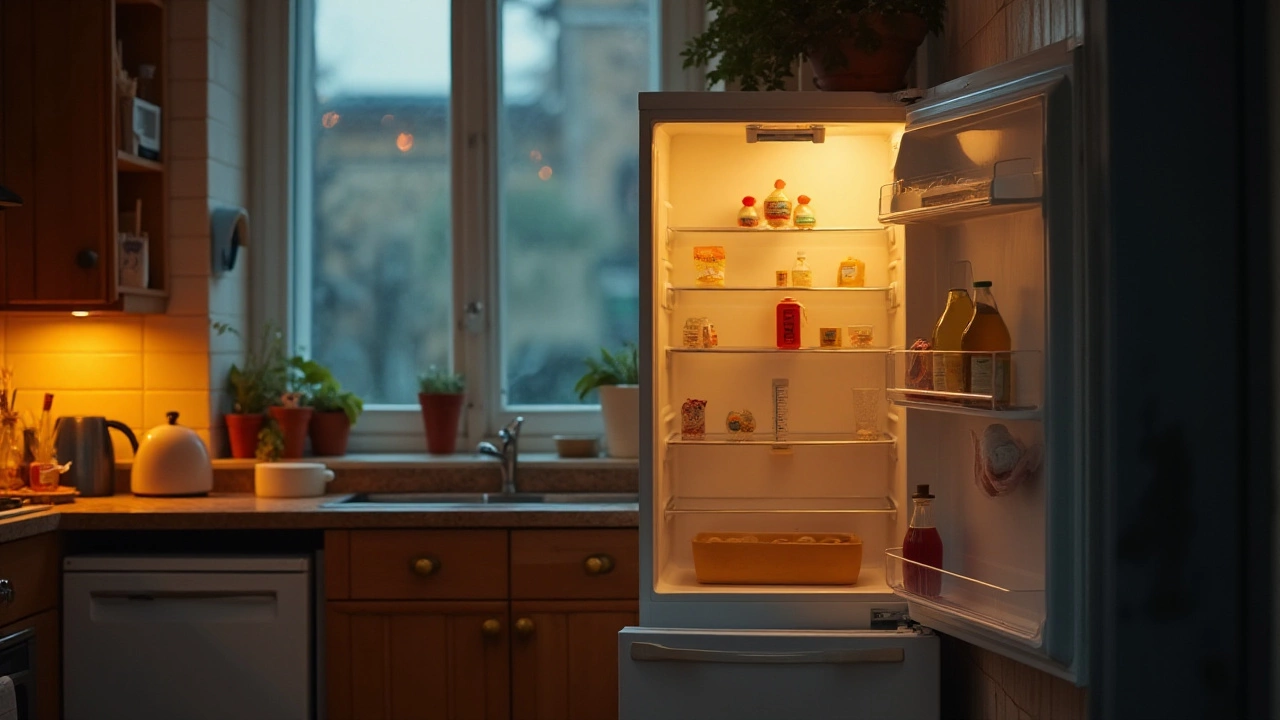Want to see a smaller electricity bill without buying a new house? Most of the money you spend on power comes from a handful of devices you use every day. The good news is you can trim that cost with tiny changes that add up fast. Below are clear, hands‑on ideas you can try right now.
First, unplug gadgets when they’re not in use. Chargers, TV boxes, and game consoles keep drawing power even on standby. A cheap power strip makes this painless – just flip the switch and everything goes off.
Next, think about when you run big appliances. Many energy providers charge less after 7 pm. If you can shift your dishwasher or washing machine to those off‑peak hours, you’ll keep the same performance for a lower price.
Load size matters too. A half‑empty dishwasher or dryer wastes water and heat. Fill them up, but don’t overload, and use the eco or low‑temp cycles. For laundry, washing with cold water saves up to 90 % of the energy a hot wash needs.
When it’s time to replace a fridge, smaller isn’t always weaker. A compact fridge with a good A++ rating uses far less power than an oversized model that runs half empty. Look for the EU energy label – the higher the letter, the lower the consumption.
Same goes for washing machines and dishwashers. Front‑loading units usually win on efficiency because they use less water and heat. If you buy a new appliance, pick one with an eco‑mode and a quick‑wash option for light loads.
Even the best devices waste energy if they’re dirty. Clean refrigerator coils, dishwasher filters, and dryer lint traps regularly. A clean coil lets the fridge run cooler without working harder, and a clear lint trap lets the dryer tumble faster.
Lastly, don’t forget your heating and cooling. Set the thermostat a few degrees lower in winter and higher in summer. A programmable thermostat can adjust the temperature while you’re out, saving big without you doing anything.
Put these tricks together and you’ll see a noticeable drop in your monthly bill. The payoff isn’t just cheap – you’re also cutting carbon emissions, which feels good for the planet. Start with one or two habits this week and watch the savings grow.

People often wonder if an empty fridge uses more electricity than a full one. This article delves into how the contents of a fridge affect its energy consumption, exploring scientific explanations behind temperature regulation and energy efficiency. Tips are provided for maximizing the efficiency of your fridge, explaining why organizing your fridge can indeed impact energy usage. Additionally, this article touches on common misconceptions about fridge storage and energy constants.